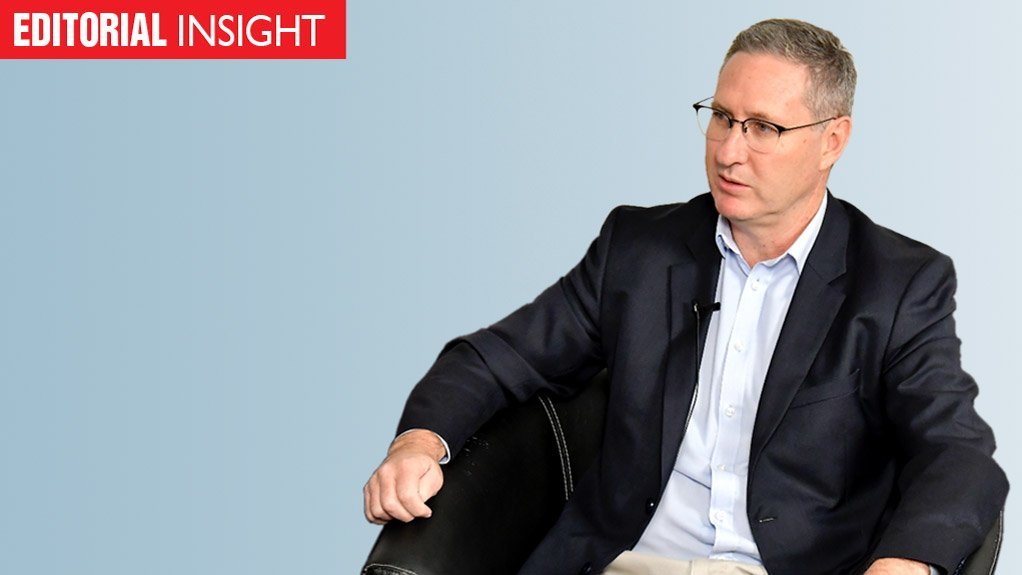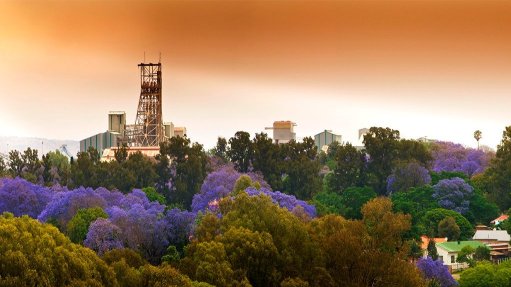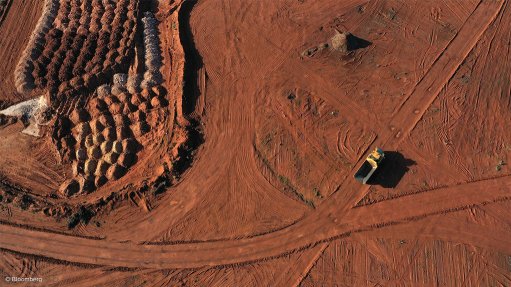In the weeds
South Africa has gone some way in starting to reform its electricity industry, which has been failing the country visibly for nearly two decades. As these changes are published, consulted and implemented, however, it becomes increasingly apparent that South Africa is really only at the end of the beginning.
It is also becoming clearer that regulatory and legislative reform will have to continue well into the future, probably endlessly. Ongoing revisions are required not only to catch up with technology and market developments that have made the current set of reforms necessary yet insufficient, but also to keep pace with the changes that will arise as the global energy sector undergoes a once-in-a-generation transition.
At a high level, these changes are straightforward to describe: the electricity industry is decentralising, decarbonising, democratising, digitising, and diffusing.
Put differently, technologies such as solar and wind, which, have emerged as the cheapest generators of new electrons, don’t rely on the economies of scale that made coal and nuclear the previous technologies of choice for extending electricity’s benefits. These more incremental solutions open space for democratisation, as consumers become producers.
Being weather- rather than fuel-dependent also means that they can be deployed at any point in the network, which, together with the democratisation trend, means the system will progressively decentralise.
They also have environmental attributes that governments are seeking to promote, and citizens are increasingly demanding, including decarbonisation. And as the world seeks to accelerate efforts to tackle climate change, electrification of almost everything makes increasing sense, as solutions are found to diffuse more affordable wind and solar into other carbon-heavy energy sectors. In other words, direct electrification (think electric cars) and indirect electrification (think green hydrogen) will increasingly penetrate other energy sectors such as mobility, heating and industrial processing.
This democratisation, diffusion and decentralisation are being enabled by digital solutions that are providing system operators, producers and consumers with the visibility and flexibility that could have only been dreamed of a few decades ago.
Nevertheless, when this easy narrative collides with a reality comprising hard-wired legacy systems and skillsets, multidecade assets, incumbent self-interest and local and national politics, complexity not only abounds – it multiplies.
Such complexity cannot be dealt with simply through truisms, even though these are important to move the industry in the right direction. Instead, it is dealt with through grappling with the technical, financial and social risks and opportunities, while agreeing on legislative and regulatory guardrails that can be translated into workable operating procedures and standards. It’s about getting deeply into the weeds, with the overarching objective of finding a way through and out, rather than becoming lost in them.
A case in point is the work that recently started on the market code for a future multimarket electricity architecture presupposed by recent legislative developments. It is precisely such complex and detailed work that practitioners in the electricity space need to now undertake if this transition is to deliver the benefits many hope and believe it can.
Article Enquiry
Email Article
Save Article
Feedback
To advertise email advertising@creamermedia.co.za or click here
Press Office
Announcements
What's On
Subscribe to improve your user experience...
Option 1 (equivalent of R125 a month):
Receive a weekly copy of Creamer Media's Engineering News & Mining Weekly magazine
(print copy for those in South Africa and e-magazine for those outside of South Africa)
Receive daily email newsletters
Access to full search results
Access archive of magazine back copies
Access to Projects in Progress
Access to ONE Research Report of your choice in PDF format
Option 2 (equivalent of R375 a month):
All benefits from Option 1
PLUS
Access to Creamer Media's Research Channel Africa for ALL Research Reports, in PDF format, on various industrial and mining sectors
including Electricity; Water; Energy Transition; Hydrogen; Roads, Rail and Ports; Coal; Gold; Platinum; Battery Metals; etc.
Already a subscriber?
Forgotten your password?
Receive weekly copy of Creamer Media's Engineering News & Mining Weekly magazine (print copy for those in South Africa and e-magazine for those outside of South Africa)
➕
Recieve daily email newsletters
➕
Access to full search results
➕
Access archive of magazine back copies
➕
Access to Projects in Progress
➕
Access to ONE Research Report of your choice in PDF format
RESEARCH CHANNEL AFRICA
R4500 (equivalent of R375 a month)
SUBSCRIBEAll benefits from Option 1
➕
Access to Creamer Media's Research Channel Africa for ALL Research Reports on various industrial and mining sectors, in PDF format, including on:
Electricity
➕
Water
➕
Energy Transition
➕
Hydrogen
➕
Roads, Rail and Ports
➕
Coal
➕
Gold
➕
Platinum
➕
Battery Metals
➕
etc.
Receive all benefits from Option 1 or Option 2 delivered to numerous people at your company
➕
Multiple User names and Passwords for simultaneous log-ins
➕
Intranet integration access to all in your organisation





















